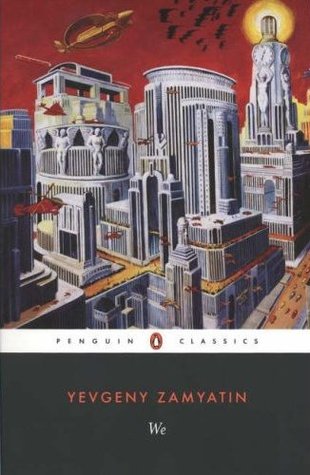Series: Study Series #1
Author: Maria V Snyder
Pages: 409 (paperback)
Published: September 21st 2007 (originally published 2004)
Published by: Mira Books
Choose:
A quick death
Or slow poison...
Yelena has a choice – be executed for murder, or become food taster to the Commander of Ixia. She leaps at the chance for survival, but her relief may be short-lived.
Life in the palace is full of hazards and secrets. Wily and smart, Yelena must learn to identify poisons before they kill her, recognise whom she can trust and how to spy on those she can’t. And who is the mysterious Southern sorceress who can reach into her head?
When Yelena realises she has extraordinary powers of her own, she faces a whole new problem, for using magic in Ixia is punishable by death...
Yelena is dragged out of prison, emerging from her cell half-starved and filthy for the first time in seasons. She is convinced she is on her way to her death, but instead she is offered a position as a food taster to the Commander of Ixia, the man who overthrew the old regime years ago and implemented his own strict laws. It is Valek, the Commander's ruthless assassin, who offers Yelena the position and who trains her to detect the many different poisons she may come across. Her life is reliant on her ability to pick up on any detected poisons, evade the father of the man she murdered, and keep her magic unnoticed by those around her.
I um-ed and ah-ed over this book for a long time before finally buying it. From a second hand shop - I wasn't entirely convinced so decided to hedge my bets. This was about...4? 5? years ago, and it is now one of my favourite books. I just get sucked into the characters and the story and the relationships and the intrigue. It's very easy to read and an engaging story, so I can just whizz through it in a day or two any time I need a break from tougher reads or when I want to read something I love.
The characters are probably the strongest part of the book for me, though. Yelena is a great lead, and her development through the book is both logical (given what is going on) and heart-warming. Her back-story is revealed in bits and pieces as the book continues, and seeing what she's been through and what she's becoming really helps you warm to her. Though of course not everything goes her way, and there are several times when things go very wrong which was nice to see. Yelena has to work to achieve everything, and you
 don't get anyone helping her just for the sake of the story. The relationships she builds are believable and based on something. Valek is a very interesting character, probably in part because you don't really get much of a handle on him. You mainly see the harsh assassin who killed the entirety of the royal family, allowing for the coup to take place, but there are undertones of something more to him. And I will admit to being ever so slightly a little bit in love with him. Because he's awesome!
don't get anyone helping her just for the sake of the story. The relationships she builds are believable and based on something. Valek is a very interesting character, probably in part because you don't really get much of a handle on him. You mainly see the harsh assassin who killed the entirety of the royal family, allowing for the coup to take place, but there are undertones of something more to him. And I will admit to being ever so slightly a little bit in love with him. Because he's awesome!There are numerous other secondary characters, many of them just as likeable as the central characters. The "power twins" Ari and Janco are particularly note-worthy. Best of friends and slightly opposites, they are amusing and lovely and are among the first to befriend Yelena upon her appointment as food taster.
When it comes to the story, there's enough mystery to keep you interested, both in terms of the circumstances leading up to Yelena's imprisonment and what is going on in the present. You start off not knowing anything and wondering about so much, guessing what might have happened and who might be plotting now. There's always something going on, someone to suspect or some danger to be escaped or recovered from and I find it so easy to get lost in the story and not even notice the pages disappearing.
In terms of the writing style, it is the just the way I like it. I'm not a particularly visual person, and there aren't huge amounts of description in it. Enough so you have ideas of what people look like, and what they're wearing (uniforms! Uniforms everywhere! No need for excessive description there) but you aren't drowning in paragraphs of the stuff. Maybe not for some people, but great for me.
A great, easy read with wonderful characters.





